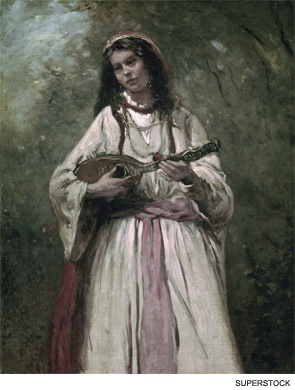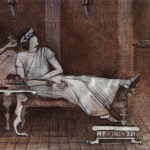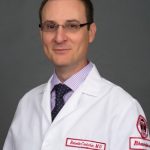We proposed to develop and implement a humanities curriculum at the bedside. We hypothesized that such an enrichment of traditional medical education would make better people who would perform measurably better as physicians and deliver measurably better patient care. We considered that there was nothing more essential to medicine than caring, passion, empathy, compassion, and respecting our patients, all attributes of the complete physician.7-10 Although others included humanities in the curricula, we were unaware of attempts to integrate humanities into patient care or measure their effects.
Why humanities in medicine? Because, as stated by Sir William Osler, MD, “the practice of medicine is an art, based on science.” Because “the good physician treats the disease; the great physician treats the patient who has the disease.” Because they teach us to “care more particularly for the individual patient than for the special features of the disease.” Because “nothing will sustain you more than the power to recognize the true poetry of life—the poetry of the common place, of the ordinary man, of the plain toil-worn woman, with their loves and their joys, their sorrow, and their griefs.” Because the arts “secrete materials which do for society at large what the thyroid gland does for the individual. The humanities are the hormone.” Because humanities challenge us to confront existential questions of truth, knowledge, insight, purpose, and personal growth. What is life? What is our purpose? Who am I? Who are you? Who are you to me? What might I become? What is this world in which I find myself? How might it be changed for the better? How can I be a better person and physician? How can I care better for my patients? We need humanities to remind us what is truly important and why we do what we do.

We mourn that the grandeur, the glory, allure, passion, dedication, and sense of calling that once characterized medicine and enticed the best and the brightest to careers in medicine and particularly to internal medicine (and rheumatology) have faded, if not disappeared. Much has been written about the erosion of our once noble profession by external and internal factors—exigencies of time, regulatory impositions, managed care, economic incentives and disincentives, explosion of scientific knowledge, complexities of disease, an aging population, enlightened inquisitive and demanding patients and families, among other factors. It has been lamented that our traditions, values, passion, unqualified commitment, and unstinting care have eroded, and that we have lost our way if not our soul.11-18 Humanities can help restore meaning, contentment, and joy to our professional and personal lives.
Reviewing the Results
Thus we embarked on our ambitious initiative to help rediscover passionate humanism in clinical medicine. This is not the place to review our experimental design, controls, numbers, tables, graphs, and p-values, most of which have been presented elsewhere.19-22 Suffice it to say that our pilot observations, during an academic year and subsequently reproduced and extended, suggested that our bedside humanities-enriched curriculum, integrating brief, cogent, and relevant selections from humanities to daily bedside rounds (see Figure 3), measurably improved resident performance and patient care. This experience proved to be a valuable, sometimes profound, experience for the faculty and residents, indeed for the department of medicine. We changed the way the department thought about and practiced medicine. This was a very good thing.


